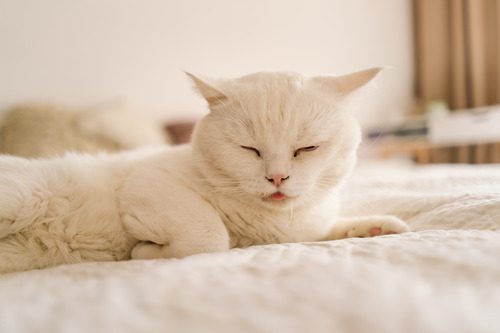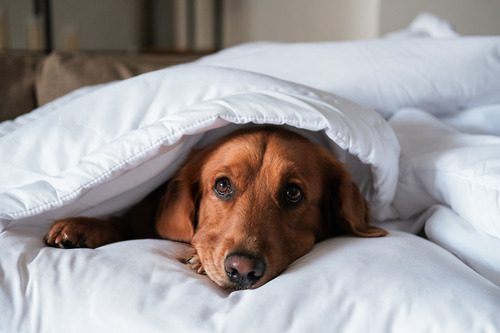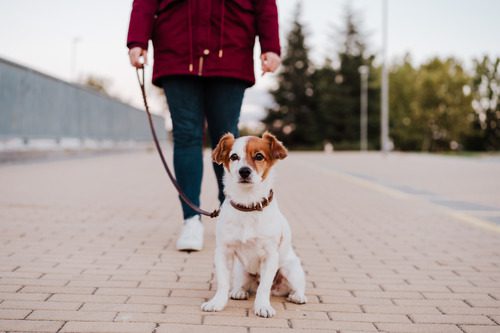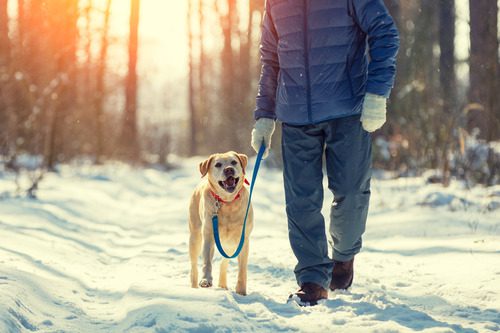My Cat is Drooling – Should I Call the Vet?
Cats don’t always express discomfort in obvious ways, so when unusual symptoms like drooling occur, it can cause concern. If you’ve noticed your cat drooling more than usual, you may be wondering if it’s something to worry about. While a little drool can be normal, excessive drooling can indicate that your cat is experiencing some underlying health issues. Let’s dive into the details behind cat drooling and whether it’s time to call The Village Vets- Plymouth Meeting.

What Are Common Causes of Cat Drooling?
Drooling, or hypersalivation, can be caused by a range of factors in cats. Some are harmless, while others may require medical attention. Cats may drool for behavioral reasons or because they’re feeling overly relaxed, but in many cases, drooling can signal a health problem.
Stress and Anxiety
Cats, like humans, can show physical signs when they’re stressed or anxious. Changes in their environment, such as a move, new pets, or loud noises, can cause your cat to drool. This type of drooling usually occurs alongside other behaviors like hiding, reduced appetite, or vocalizing more than usual. If your cat’s drooling seems related to stress, it’s a good idea to evaluate their environment and see if there’s a trigger. If the drooling continues after the stressor has passed, it’s worth contacting your vet to rule out other issues.
Dental and Oral Health Issues
Cats can develop gum disease, tooth abscesses, and oral infections that make swallowing uncomfortable. In these cases, drooling is your cat’s way of trying to manage the discomfort. Other signs to watch for include bad breath, reluctance to eat, or pawing at the mouth. If your cat exhibits any of these behaviors along with drooling, it’s time to call your vet at The Village Vets- Plymouth Meeting.
Nausea or Digestive Problems
When cats feel nauseous, their salivary glands can go into overdrive. This can happen if they’ve eaten something that doesn’t agree with them, have hairballs, or are dealing with an underlying digestive disorder. If your cat is vomiting or seems lethargic in addition to drooling, reach out to your vet for advice.
Exposure to Toxins or Irritants
Cats are naturally curious, and sometimes they may lick or chew on something toxic or irritating. Household cleaners, plants, or even certain foods can cause irritation, leading to drooling. If you suspect your cat has ingested something harmful, call your vet immediately.
Could Your Cat Be Drooling Due to Behavioral Factors?
Not all drooling stems from medical problems. In some cases, behavioral factors could be at play. Knowing whether your cat’s drooling is a cause for concern requires a bit of observation.
Contentment and Relaxation
Cats sometimes drool when they’re incredibly relaxed. This is often seen when they’re purring, kneading, or drifting off to sleep. If your cat only drools during these times and otherwise seems healthy, it’s likely nothing to worry about. Keep an eye on the drooling to ensure it’s consistent with moments of relaxation rather than appearing out of nowhere.
Fear or Anxiety-Driven Drooling
Vet visits, car rides, or unfamiliar situations can cause temporary drooling due to heightened anxiety. In most cases, this drooling should stop once your cat is back in a calm environment. If your cat continues to drool long after the anxiety-inducing situation, there may be an underlying issue that warrants a vet visit.
When Is It Time to Call the Vet?
While some drooling may be harmless, there are signs that indicate you should contact a veterinarian. Excessive drooling, especially if it’s paired with other symptoms like lethargy, vomiting, or changes in behavior, can signal a more serious problem. Here are a few situations where a vet visit is warranted:
- Persistent Drooling: If your cat’s drooling doesn’t subside after a few hours or continues for multiple days, contact your vet. Persistent drooling may point to an underlying health condition that requires treatment.
- Accompanying Symptoms: If your cat is drooling and showing signs of pain, refusing to eat, or acting unusually withdrawn, these are red flags. Drooling in combination with these symptoms could indicate dental disease, an infection, or something more severe like kidney problems.
- Sudden Onset of Drooling: A sudden increase in drooling that’s out of character for your cat should be addressed by a vet. This is especially true if there’s no obvious explanation, such as stress or a relaxed moment. Sudden, unexplained drooling could signal exposure to toxins or another acute issue.
If your cat has started drooling and you’re unsure of the cause, it’s always better to err on the side of caution. Reaching out to the professionals at The Village Vets- Plymouth Meeting can help ensure your cat gets the care they need. Whether the drooling is stress-related or linked to an underlying health condition, your vet will guide you through the next steps for diagnosis and treatment. For more information or to schedule an appointment, call (484) 820-1700 or schedule an appointment online today.
Recent Posts
About The Village Vets
The Village Vets of Plymouth Meeting offers excellent service to clients in a comfortable, friendly atmosphere. To learn more about us and how we can better serve you and your pet here in Plymouth Meeting, PA, click the button below.
Share This Post
Recent Posts
About The Village Vets
The Village Vets is a network of three animal hospitals based in Atlanta, GA and the surrounding area. We offer honest, excellent service to our clients in a comfortable, friendly atmosphere. To learn more about our locations and how we can better serve you and your pet, click the button below.




